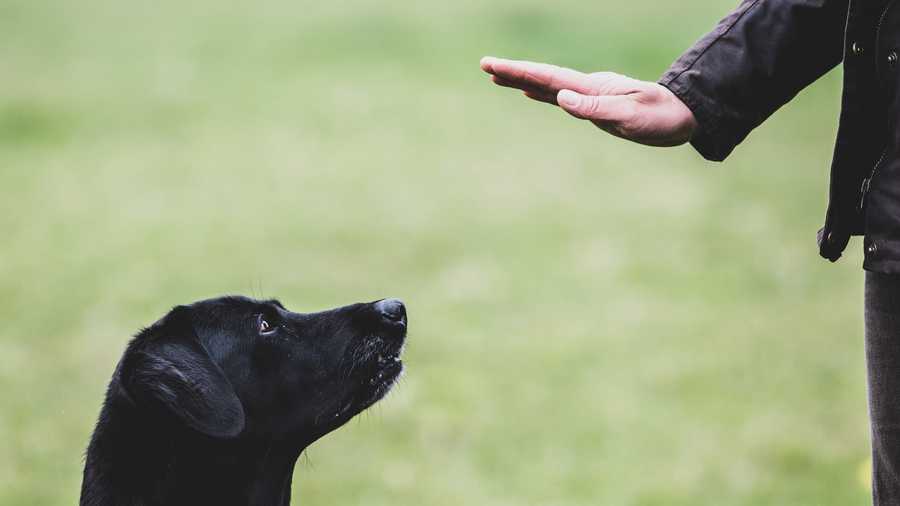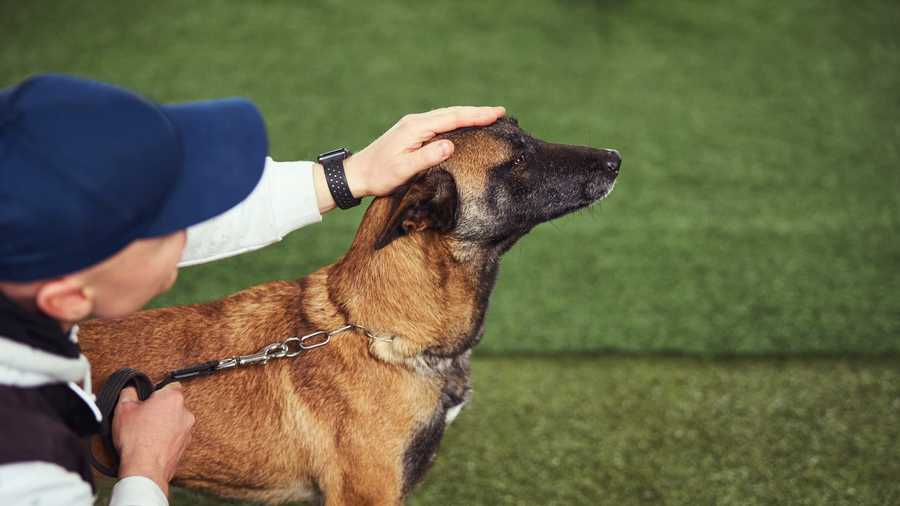Dog Training:
Dog Training Blog Posts:
What Are The Differences Between Pet-Behavior Professionals?
Dog Training -
When you find yourself needing dog training or pet training services, it's important to understand the different types of services providers and services. Professionals in the pet-behavior field fall into four main categories.
Basic Dog Training Theory
Dog Training -
Dog training is simply shaping the animal's behavior to conform to what is acceptable to people. When training, it is important to teach each new skill or exercise to the dog in three stages - the Teaching Stage, Correction Stage, and the Proofing stage.
Using Food As A Motivator In Dog Training
Dog Training -
Most dogs, not all, like food treats. New dog owners quickly learn that using food works well to reward a dog for doing something they ask the dog to do. That's why using food as a motivator is as old as the domestic dog.
Obedience Coaching For Your Canine
Dog Training -
A well trained and healthy dog is one of life's great pleasures. If you're an ordinary person who loves dogs and has one or would like to have one, you may be overwhelmed by the amount of information on dog ownership, training and nutrition available to you online and elsewhere.
How Do I Decide Which Pet-Behavior Professional to Choose?
Dog Training -
After you've decided between group classes, one-on-one private help and board-and-train, how do you figure out which professional is right for you and your pet? Your decision will be based on a number of factors, including the type of problem your pet has, the professional's education and experience and the availability of behaviorists and trainers in your area.
Relationship-based Dog Training
Dog Training -
Relationship-based trainers have realistic expectations. When training animals, we use lots of patience. They understand that animals are not born knowing how to fit into our human lives. Most adult animals are not adequately taught how to be part of a loving human family. Even if they have been in a loving home, they may still lack the social skills to be comfortable around strangers and in new situations.








